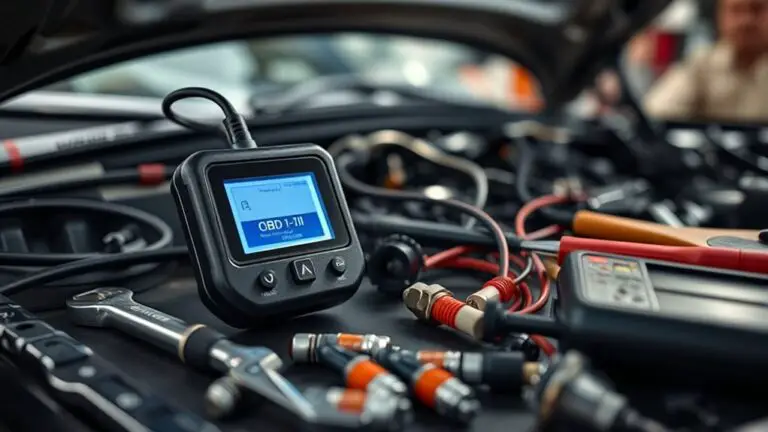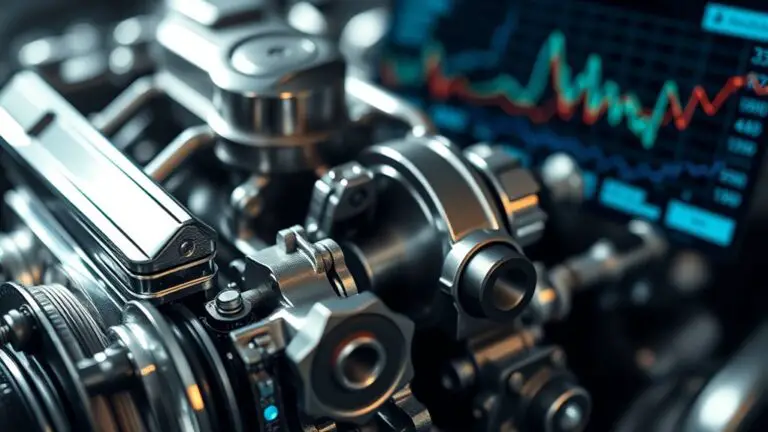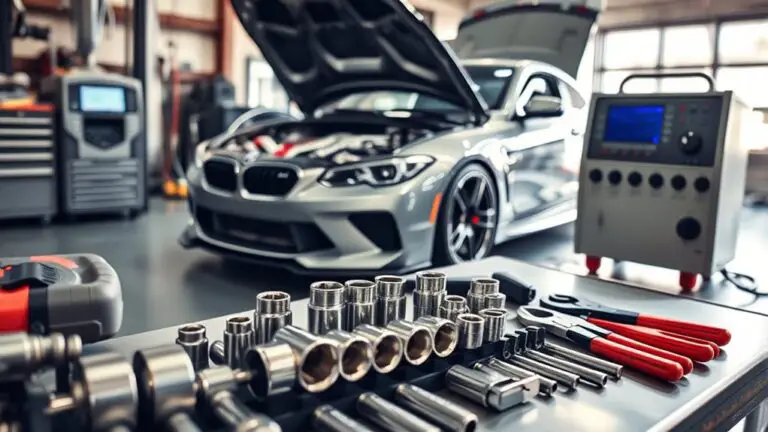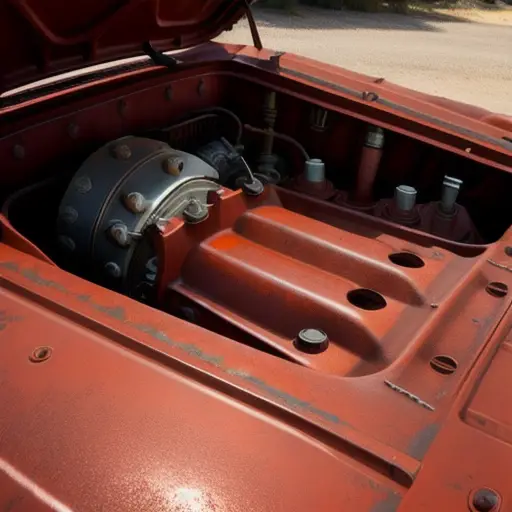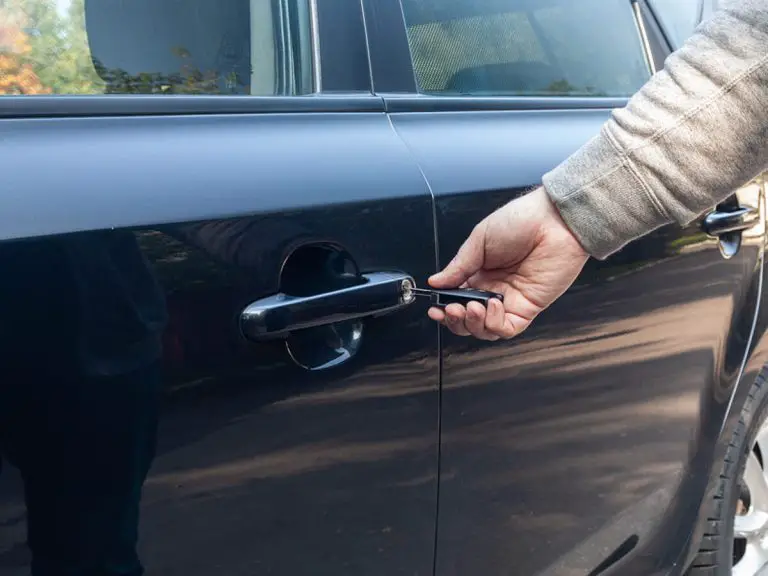Do K&N Filters Increase Gas Mileage? (Detailed Answer)
K&N air filters are a popular choice among car enthusiasts and performance enthusiasts. These air filters are designed to improve engine performance by increasing the airflow to the engine while also filtering out harmful contaminants. However, one of the most commonly touted benefits of K&N air filters is their ability to increase gas mileage.
The idea behind K&N air filters improving gas mileage is that by increasing the airflow to the engine, the engine will be able to operate more efficiently. This efficiency can result in better fuel economy, which means that you will be able to drive further on a tank of gas.
While many people swear by the benefits of K&N air filters, there is some debate as to whether or not they actually increase gas mileage. Some studies have shown that K&N air filters can indeed improve fuel economy, while others have found no significant difference. In this article, we will take a closer look at the evidence and explore whether or not K&N air filters are truly effective at improving gas mileage.
Do K&N Filters Increase Gas Mileage?
The question of whether K&N air filters increase gas mileage is a common one, and the answer is not straightforward. While K&N air filters are designed to increase airflow to the engine and improve performance, the extent to which they can improve gas mileage is still up for debate.
Some studies have shown that K&N air filters can increase fuel economy by up to 4%. This increase in gas mileage is due to the improved airflow to the engine, which can result in better combustion and more efficient fuel consumption.
However, other studies have found no significant difference in fuel economy when using K&N air filters compared to traditional paper filters. Some critics argue that any increase in gas mileage is minimal and may not be worth the added cost of the K&N filter.
Ultimately, whether or not K&N air filters increase gas mileage may depend on a variety of factors, including the type of vehicle and driving habits. While K&N air filters may offer improved engine performance and filtration, drivers should carefully consider the potential benefits and drawbacks before investing in one for improved gas mileage.
Is It True That K&N Filter Doubles Gas Mileage?
No, it is not true that K&N filters double gas mileage. While K&N filters can potentially improve gas mileage by increasing airflow to the engine and improving combustion efficiency, the extent to which they can do so is still up for debate.
Some studies have shown that K&N filters can increase fuel economy by up to 4%, but it is important to note that this is a maximum figure and not a guarantee. It is unlikely that a K&N filter will double your gas mileage or provide such an extreme increase in fuel economy.
The idea that a K&N filter can double gas mileage may be a misunderstanding or an exaggeration of the potential benefits. While K&N filters may offer some improvements in gas mileage and overall performance, drivers should be cautious of unrealistic claims and carefully consider the potential benefits and drawbacks before investing in one for their vehicle.
How Are K&N Filters Different From The Normal Ones?
K&N air filters are different from traditional paper air filters in a few key ways. Firstly, K&N air filters are made of multiple layers of oiled cotton gauze, while traditional filters are made of paper. This cotton gauze design allows for improved airflow and filtration compared to paper filters.
Secondly, K&N air filters are designed to be washable and reusable, while traditional filters are disposable and need to be replaced periodically. This can make K&N filters a more cost-effective option in the long run, as they can be cleaned and reused multiple times.
Another difference is that K&N air filters are designed to be more durable than traditional filters. The oiled cotton gauze material is resistant to damage from debris and can withstand repeated cleanings without degrading or losing its effectiveness.
Overall, K&N filters are designed to offer improved performance, filtration, and longevity compared to traditional paper filters. While they may have a higher upfront cost than disposable paper filters, their washable and reusable design can offer cost savings in the long run.
What Are Drivers’ Experiences With K&N Filters?
Drivers’ experiences with K&N air filters are generally positive, with many reporting improved performance and engine sound. Some drivers also report increased fuel economy, although the extent of this improvement can vary depending on the vehicle and driving conditions.
Many drivers appreciate the washable and reusable design of K&N filters, as this can save money on filter replacements over time. They also report that the filters are easy to install and maintain, requiring only periodic cleaning and re-oiling.
However, some drivers have reported issues with increased engine noise and decreased filtration efficiency when using K&N filters. Some critics have also argued that the increased airflow to the engine may be minimal and may not justify the higher cost of a K&N filter compared to a traditional paper filter.
Overall, drivers’ experiences with K&N filters are largely positive, although individual experiences may vary depending on the vehicle and driving habits. As with any modification to a vehicle, drivers should carefully consider the potential benefits and drawbacks before investing in a K&N filter.
Other Ways To Increase Gas Mileage
There are several ways to increase gas mileage beyond simply using a K&N air filter. Here are some tips:
- Reduce your speed: Driving at high speeds consumes more fuel. Reducing your speed can help you save gas and increase your fuel economy.
- Avoid aggressive driving: Sudden acceleration and hard braking can decrease your fuel efficiency. Try to drive smoothly and maintain a consistent speed to improve your gas mileage.
- Maintain your vehicle: Regular maintenance, such as oil changes and tire rotations, can help keep your car running efficiently and improve gas mileage.
- Check tire pressure: Underinflated tires can increase your fuel consumption. Make sure to regularly check your tire pressure and keep your tires properly inflated.
- Remove excess weight: Extra weight in your car can decrease your fuel efficiency. Remove any unnecessary items from your vehicle to help save gas.
- Use cruise control: Maintaining a steady speed can help improve your gas mileage. Consider using cruise control on long highway drives.
- Choose a fuel-efficient vehicle: When buying a new car, consider choosing a fuel-efficient model that will save you money on gas in the long run.

